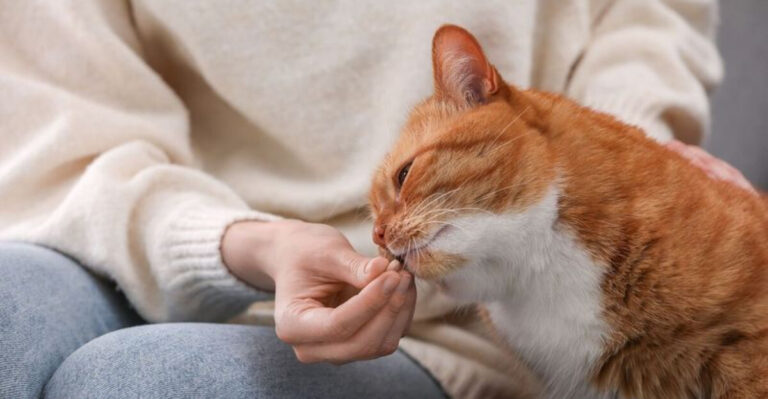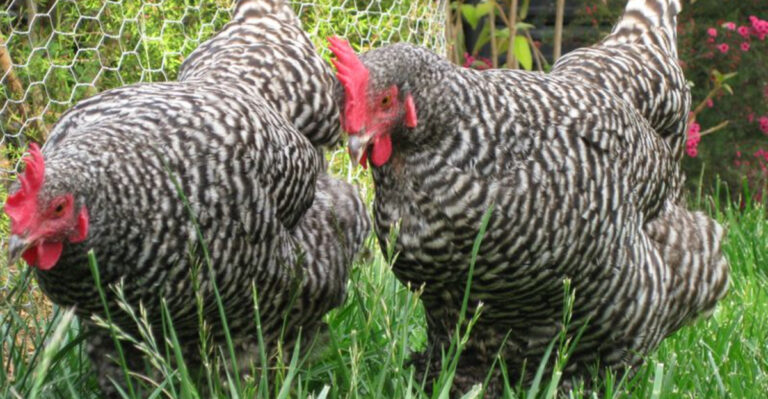Giant Goldfish Found In Pennsylvania Prompts A Warning For Fish Owners
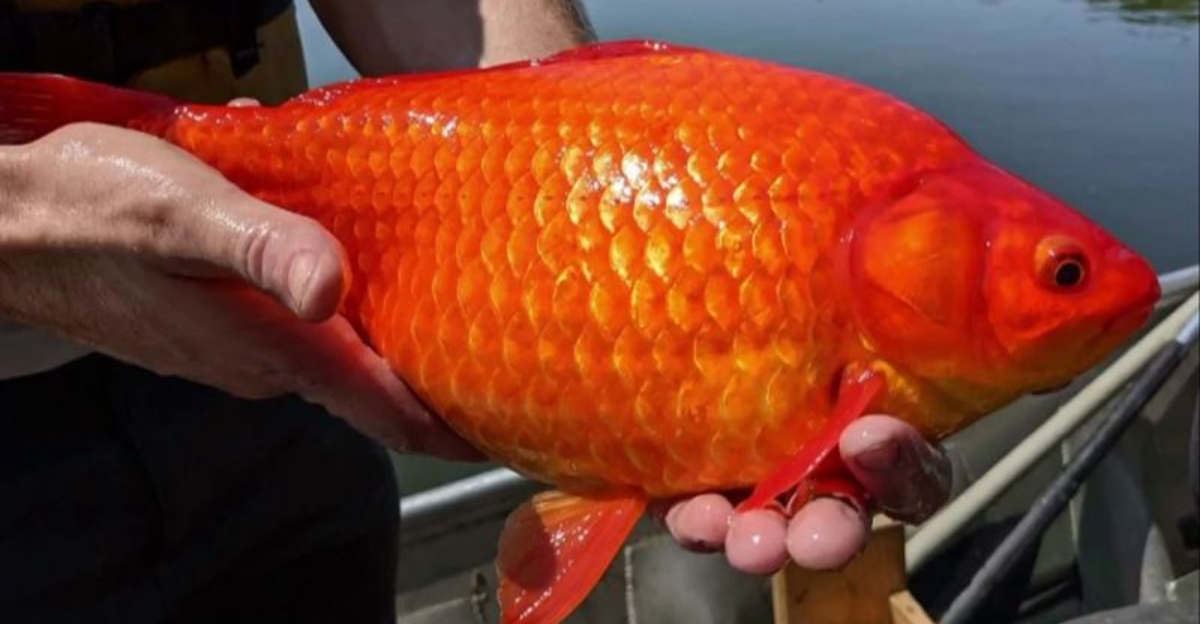
A surprising discovery of a giant goldfish in Pennsylvania waters has sparked concern among environmentalists and pet owners alike. This finding serves as a stark reminder of the potential ecological impact when household pets are released into the wild.
As goldfish enthusiasts might not fully understand the consequences, here are critical warnings for fish owners to consider. By understanding these guidelines, pet owners can contribute to the preservation of aquatic ecosystems and ensure their pets are cared for responsibly.
1. Invasive Species Threat
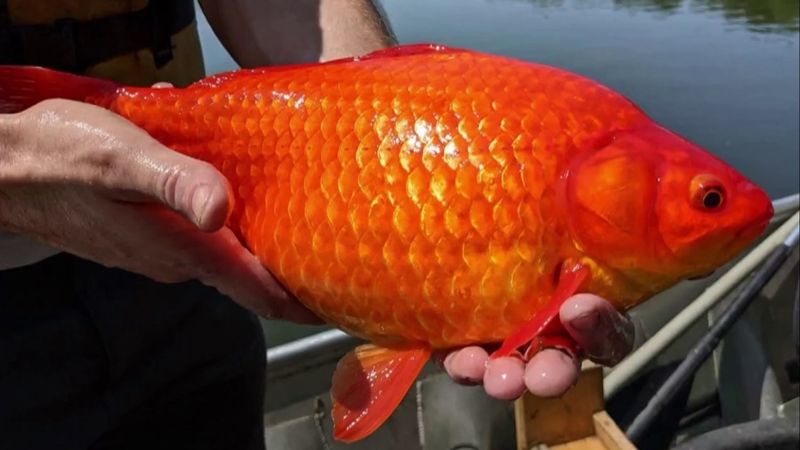
Releasing goldfish into the wild can lead to them becoming an invasive species. Their rapid reproduction and adaptability allow them to outcompete native fish for resources.
This can cause significant disruption in the local aquatic ecosystem. Goldfish can consume vast amounts of food, leaving little for other species.
Pet owners should seek alternative solutions such as rehoming or contacting local animal services instead of releasing them.
2. Impact On Water Quality
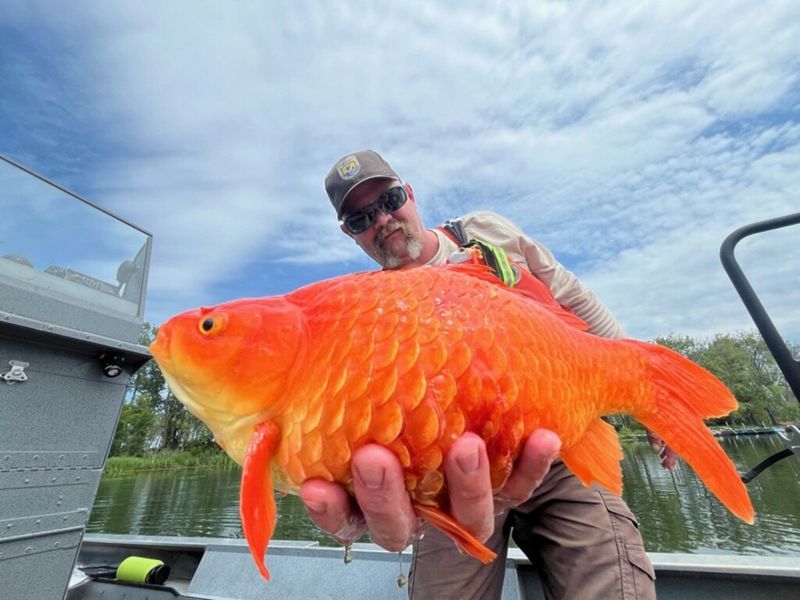
Giant goldfish contribute to poor water quality by excreting waste that increases nutrient levels. This can lead to algae blooms, which consume oxygen in the water.
Reduced oxygen levels are harmful to many aquatic organisms, leading to a decline in biodiversity. Algae blooms also block sunlight, hindering the growth of underwater plants.
Poor water quality can have cascading effects on the ecosystem, affecting not only fish but also birds and animals that rely on clean water.
3. Ethical Pet Ownership
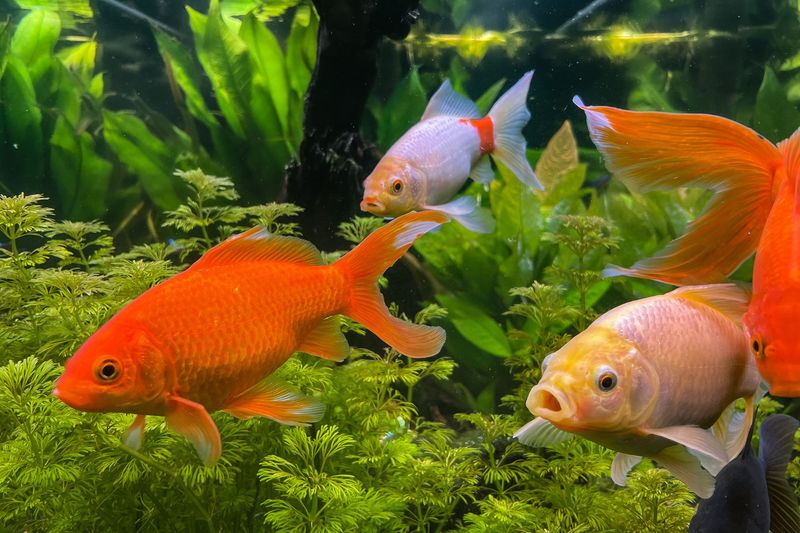
Responsible pet ownership is critical in preventing ecological damage. Before acquiring a goldfish, potential owners should understand their long-term care needs.
Goldfish can live for over a decade and grow significantly, necessitating ample space and proper nutrition.
When unable to care for them, owners should consider finding a new home rather than releasing them. Ethical pet ownership involves planning for their entire lifespan and avoiding impulsive decisions.
4. Legal Implications
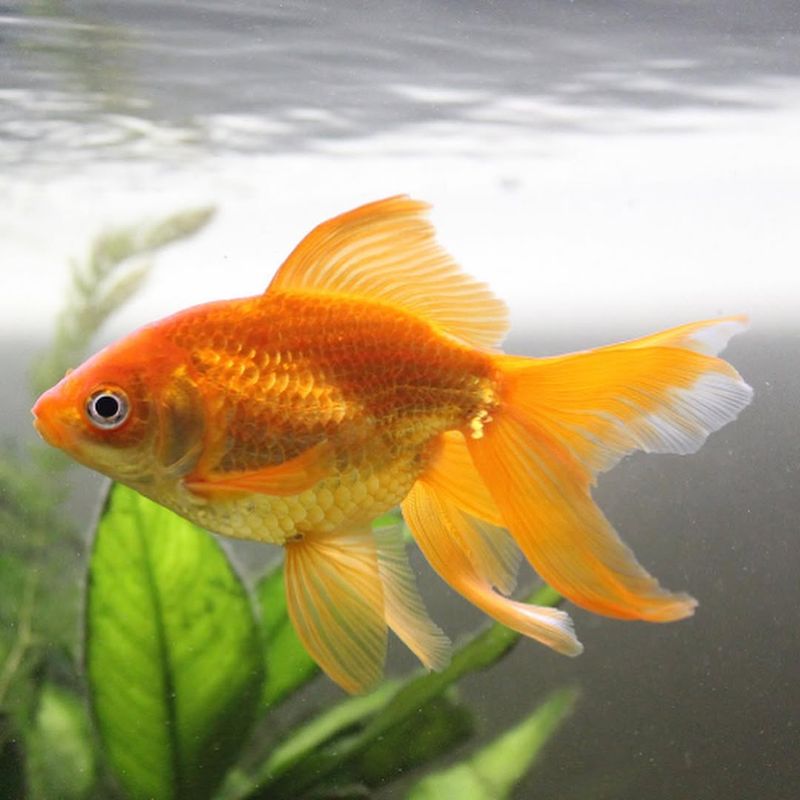
Few realize that releasing pets like goldfish into the wild can have legal consequences. Many regions have laws prohibiting the release of non-native species.
These laws aim to protect local ecosystems from potential threats posed by invasive species. Violators may face fines or other penalties.
By researching and complying with these rules, fish owners can help preserve biodiversity and prevent their pets from becoming a legal issue.
5. Potential For Disease Spread
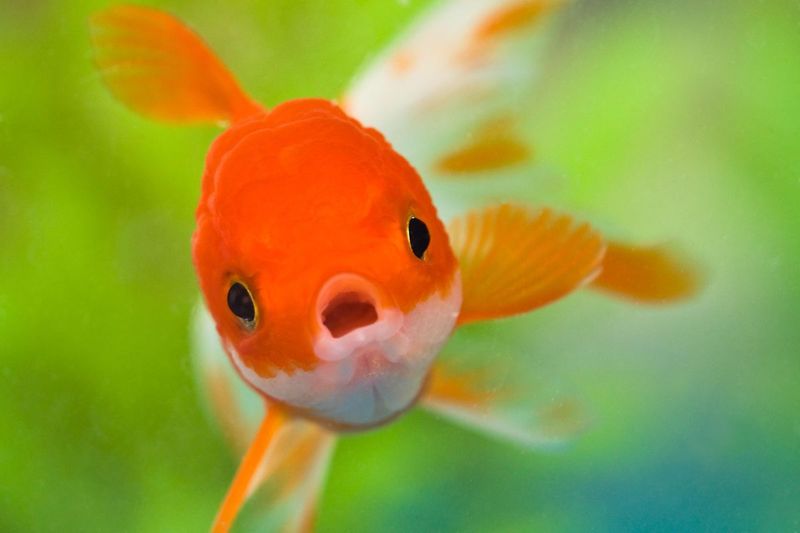
Goldfish can carry diseases that are transmissible to wild fish populations. When released, they can introduce pathogens into the ecosystem.
This can lead to outbreaks that decimate native species, disrupting the balance of the ecosystem.
Diseases can spread rapidly in the wild, where control measures are limited. Regular veterinary check-ups and proper tank maintenance are essential in keeping pet goldfish healthy.
6. Long-Term Environmental Impact
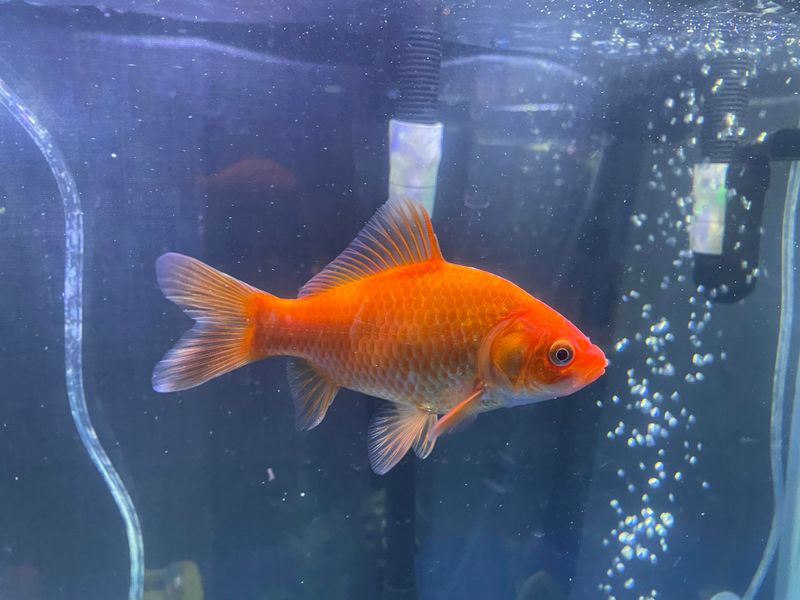
The ecological impact of released goldfish extends beyond immediate effects. Over time, they can cause changes in species composition and habitat structure.
This may lead to reduced biodiversity and the loss of native species. Goldfish can also hybridize with other species, creating new hybrid forms that further alter the ecosystem.
Keeping goldfish in contained environments prevents these negative outcomes and supports environmental conservation efforts.
7. Alternatives To Release
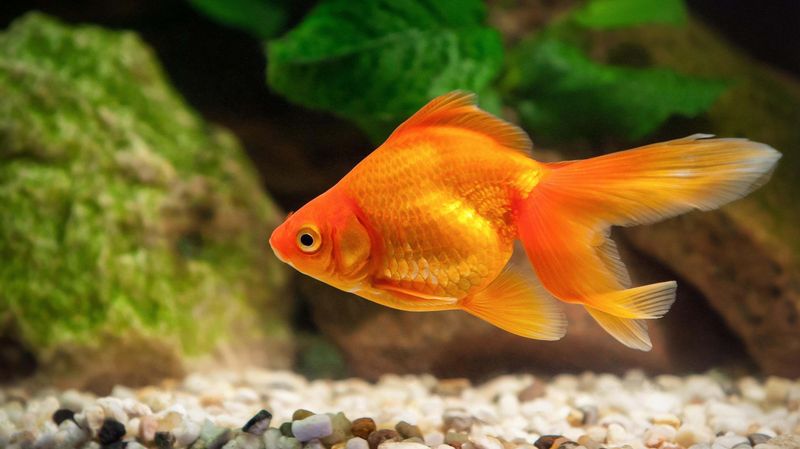
Instead of releasing them into the wild, fish owners have several alternatives. Rehoming through community networks or local pet stores is a viable option.
Organizations and events often exist to assist with rehoming unwanted pets. Educational resources are available to guide responsible pet care.
By engaging in these alternatives, pet owners can ensure their fish have a safe and suitable environment.

